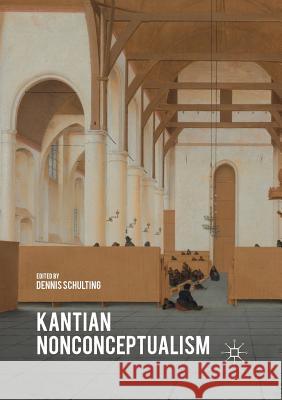Kantian Nonconceptualism » książka
topmenu
Kantian Nonconceptualism
ISBN-13: 9781349710225 / Angielski / Miękka / 2019 / 322 str.
Kantian Nonconceptualism
ISBN-13: 9781349710225 / Angielski / Miękka / 2019 / 322 str.
cena 322,01
(netto: 306,68 VAT: 5%)
Najniższa cena z 30 dni: 308,41
(netto: 306,68 VAT: 5%)
Najniższa cena z 30 dni: 308,41
Termin realizacji zamówienia:
ok. 16-18 dni roboczych.
ok. 16-18 dni roboczych.
Darmowa dostawa!
Kategorie BISAC:
Wydawca:
Palgrave MacMillan
Język:
Angielski
ISBN-13:
9781349710225
Rok wydania:
2019
Wydanie:
2016
Ilość stron:
322
Waga:
0.41 kg
Wymiary:
21.01 x 14.81 x 1.85
Oprawa:
Miękka
Wolumenów:
01
Dodatkowe informacje:
Wydanie ilustrowane











